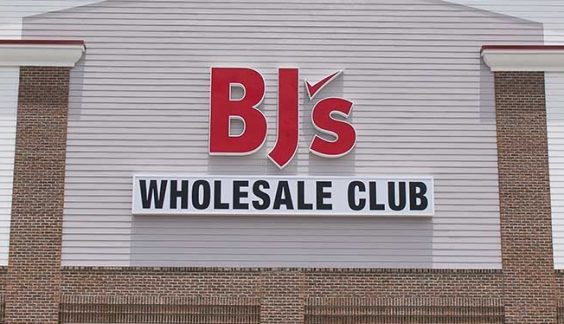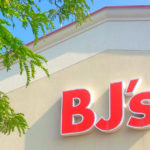It wasn’t the 38 pennies – it was the principle.
A Pennsylvania man has emerged victorious, after a seven-year legal fight over whether he was overcharged when using coupons at BJ’s Wholesale Club. And now, he’s 38 cents richer. His fellow litigant, however, was not so fortunate. So she’s out a whopping 12 cents.
The dispute began way back in 2013, when John Myers and Cecelia Reihl sued BJ’s in a Pennsylvania court. In most states, sales tax is collected based on your total purchase price before any manufacturer’s coupons are applied, but after any store coupons are applied. But in Pennsylvania and four other states (Connecticut, Massachusetts, Missouri and Texas), sales tax is calculated after all store and manufacturer’s coupons are applied.
But in several different transactions at a Downingtown, Pennsylvania BJ’s, Myers and Reihl used coupons and were charged sales tax on their full-price, pre-coupon total. They complained to the cashier and manager, “who told them (falsely) that Pennsylvania law required them to charge sales tax on the full retail price of goods purchased with coupons, and it was BJ’s company policy to do so,” their civil complaint alleged.
Myers said he was overtaxed in three separate transactions, for a combined total of 38 cents that he wanted back, while Reihl said she was overcharged in one transaction by 12 cents. They sought a refund of the excess tax, damages for themselves and for others similarly affected, and an assurance that BJ’s would collect sales tax properly in the future.
It may seem at first like a simple enough case. In reality, it was anything but. The 2013 lawsuit was only the beginning of a lengthy, time-consuming and convoluted process.
Take a deep breath before reading this next part.
The local lawsuit was briefly transferred to federal court, then back to Pennsylvania, which ultimately put it on hold while the plaintiffs argued their case to the state Department of Revenue. The department refused their request for a refund, they asked for a new ruling, and the department refused. They then asked a state court to intervene, and the court declined. So they filed a petition with the Department of Revenue’s Board of Appeals, which also refused their refund request. They asked the Board of Finance and Revenue to review the appeal, the board refused, so they again asked a state court to intervene.
Whew!
And, now, all these years later, the state court has finally ruled in the plaintiffs’ favor – mostly.
State law says simply that sales tax is owed based on the final price paid by a customer. But the Department of Revenue has its own rule, stating that a cash register receipt must “make a clear reference to the item and the coupon related to it” in order for the coupon’s value to be deducted from the taxable total. Since none of Myers and Reihl’s receipts indicated exactly which coupon applied to which product, the Department of Revenue said it couldn’t deduce whether the coupons were applied to taxable or nontaxable items, so it had to consider all of the coupons to be taxable.
The plaintiffs argued that the Department of Revenue invented this requirement that’s not present in the actual tax code. Furthermore, they said surely BJ’s own records show which coupons apply to which products, even if it’s not all spelled out on the receipts they print. And besides, two of the transactions at issue “involved only one coupon and one taxable item and, therefore, it is evident as to what item the coupon applied.”
A judicial panel ruled this week that state tax authorities erred in insisting that the law “requires the receipt to specify to which taxable item (a coupon) relates rather than simply requiring a description that allows one to discern that a taxable item was purchased and a coupon was accepted that applied to a taxable item purchased.” Nowhere is it required that the receipt indicate precisely to which taxable item the coupon is applied.
Myers’ three transactions contained only taxable items, so it’s clear that all of the coupons used reduced his taxable total, regardless of whether the receipts said which coupons were used on which specific items. Reihl, however, bought a mix of taxable and nontaxable items. So her receipt information “is insufficient to determine whether the coupon was applicable to a taxable item,” the court ruled.
Therefore, the state must refund Myers his 38 cents. But Reihl doesn’t get her 12 cents back.
So winning a lengthy legal dispute may only get you 38 cents in the end. And it most likely cost far more in legal fees than the plaintiffs ended up winning. But for at least one of these determined couponers, finally getting to prove his point – is priceless.
Image source: BJ’s














